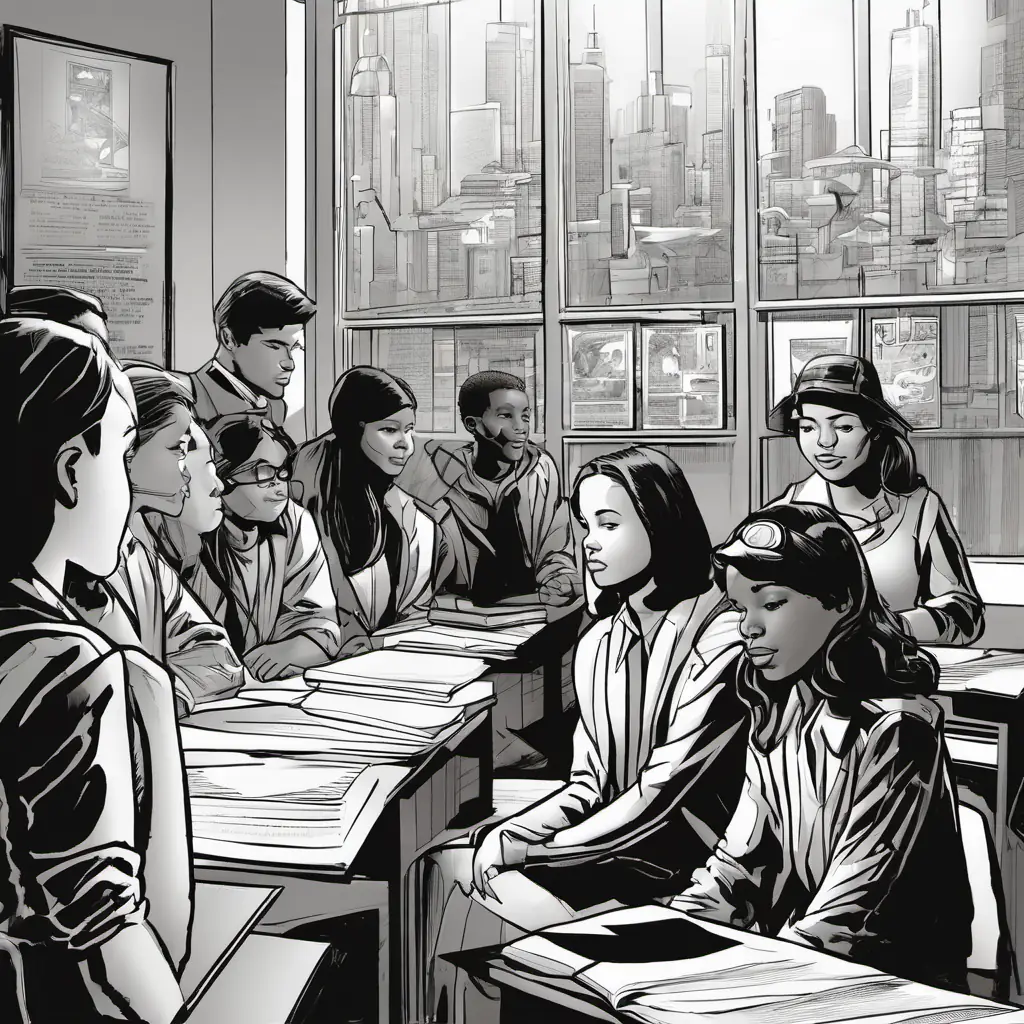Vertical gardens on buildings improve air quality and reduce energy costs.
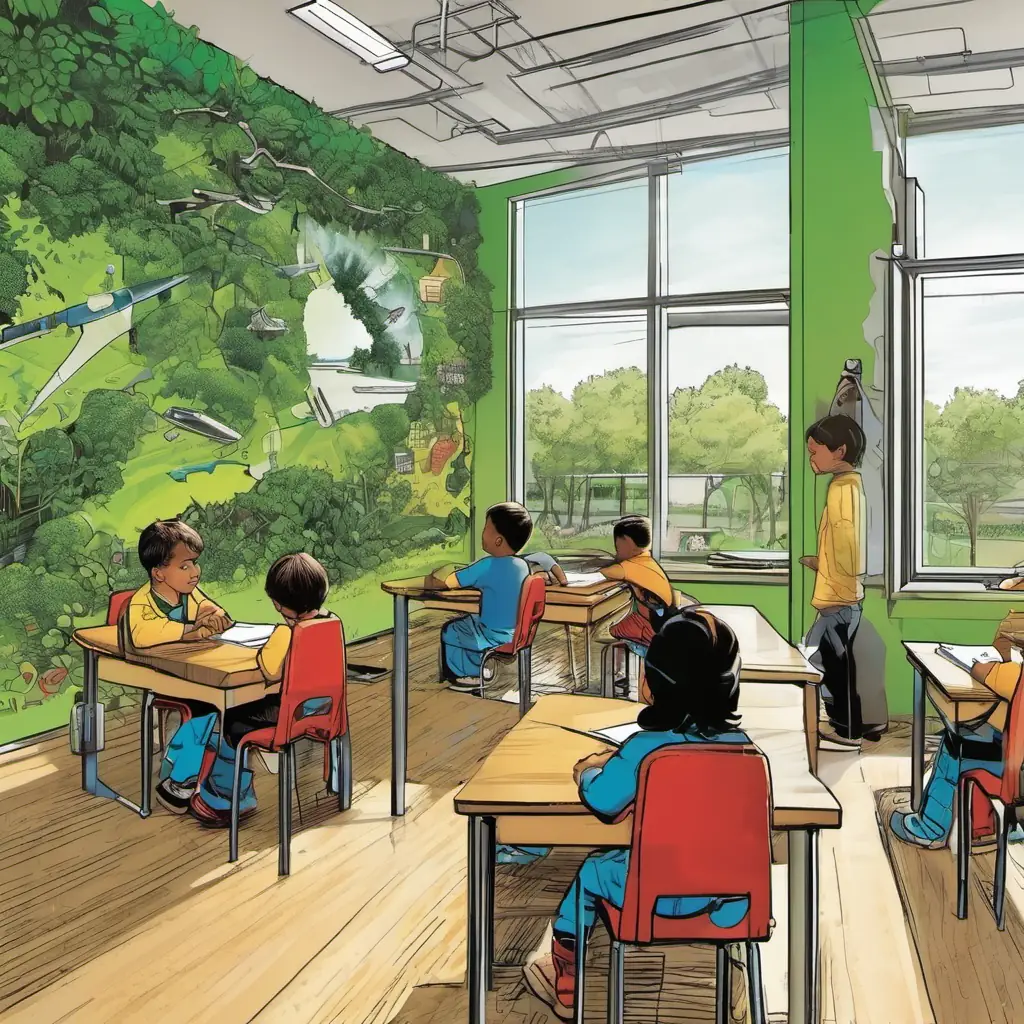
Flexible learning spaces promote collaboration and adapt to various teaching methods.
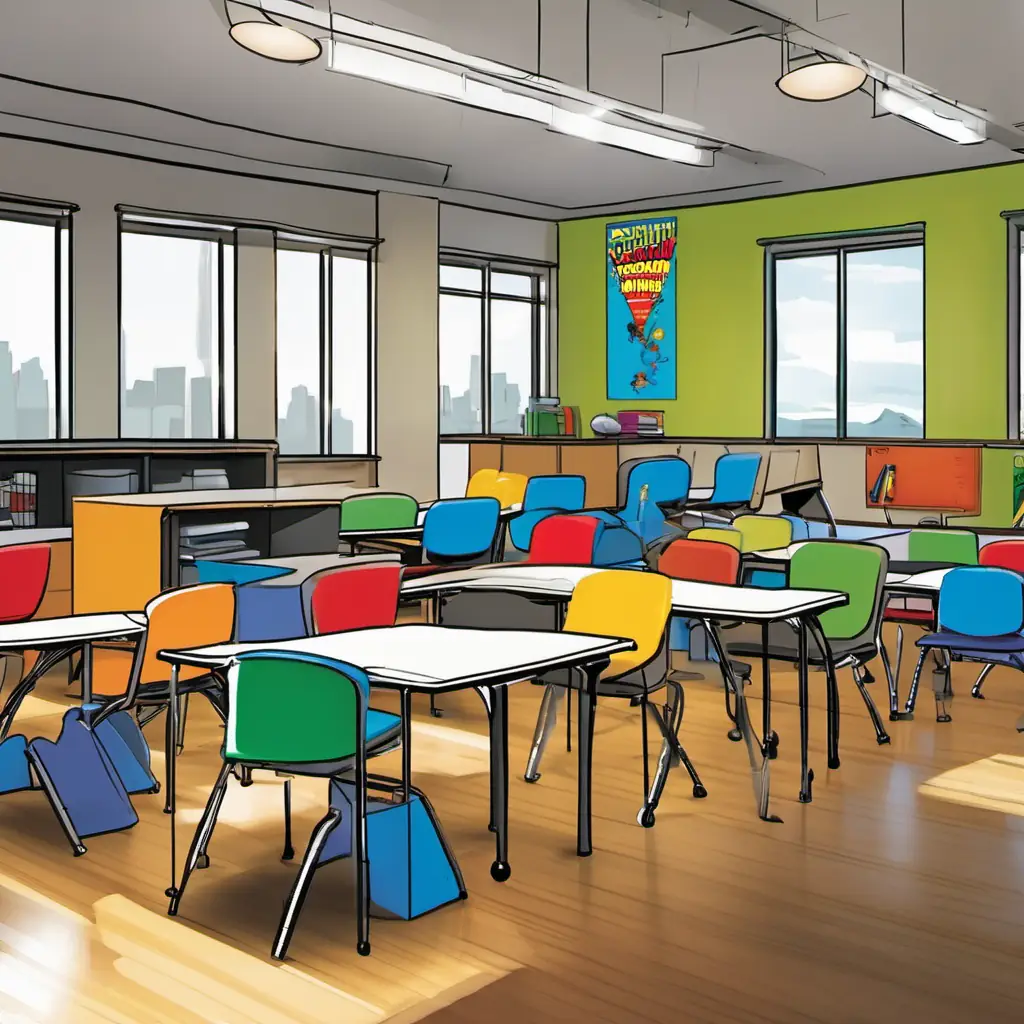
Universal design principles create space accessible to all, regardless of ability.

Holographic technology enables interactive and engaging learning opportunities.
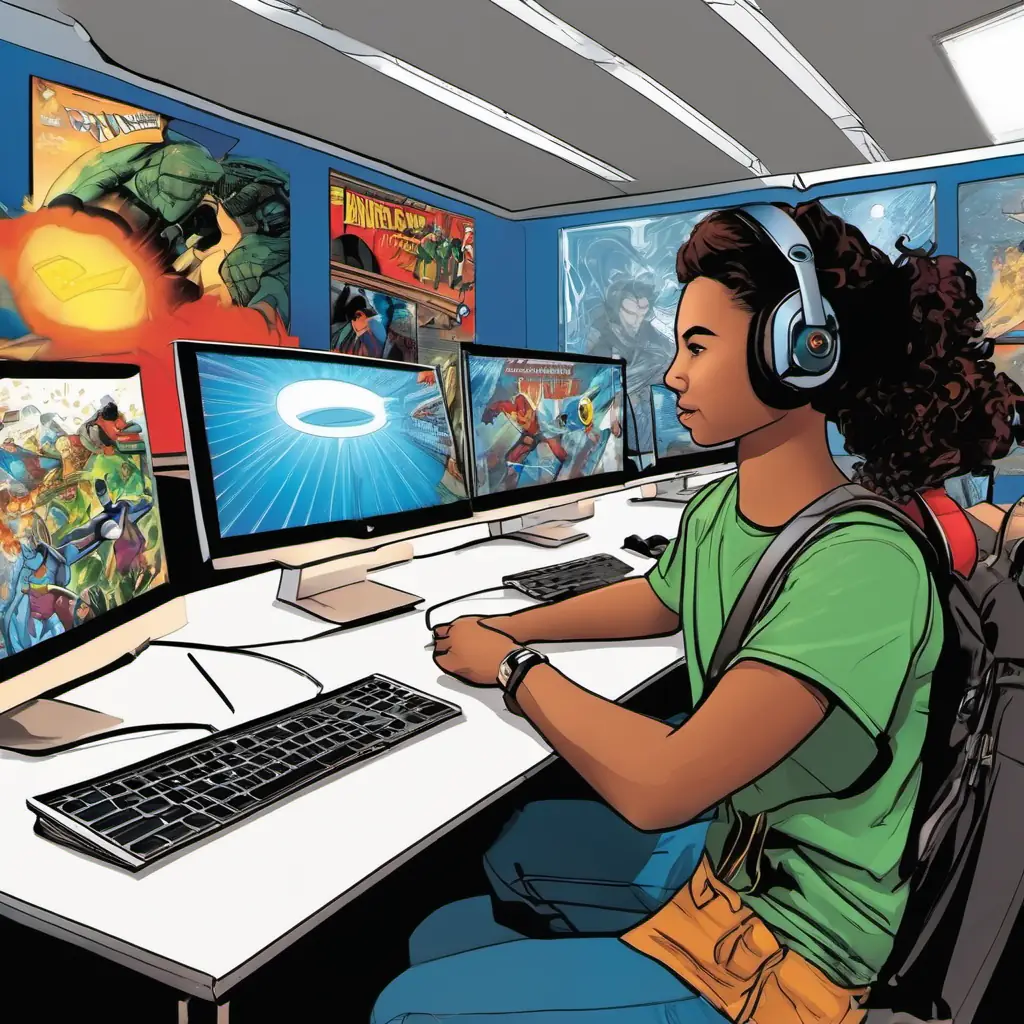
Real-time holography allows for global interaction, reducing the need for travel.

Rainwater harvesting is a sustainable method to collect and store rain for later use.
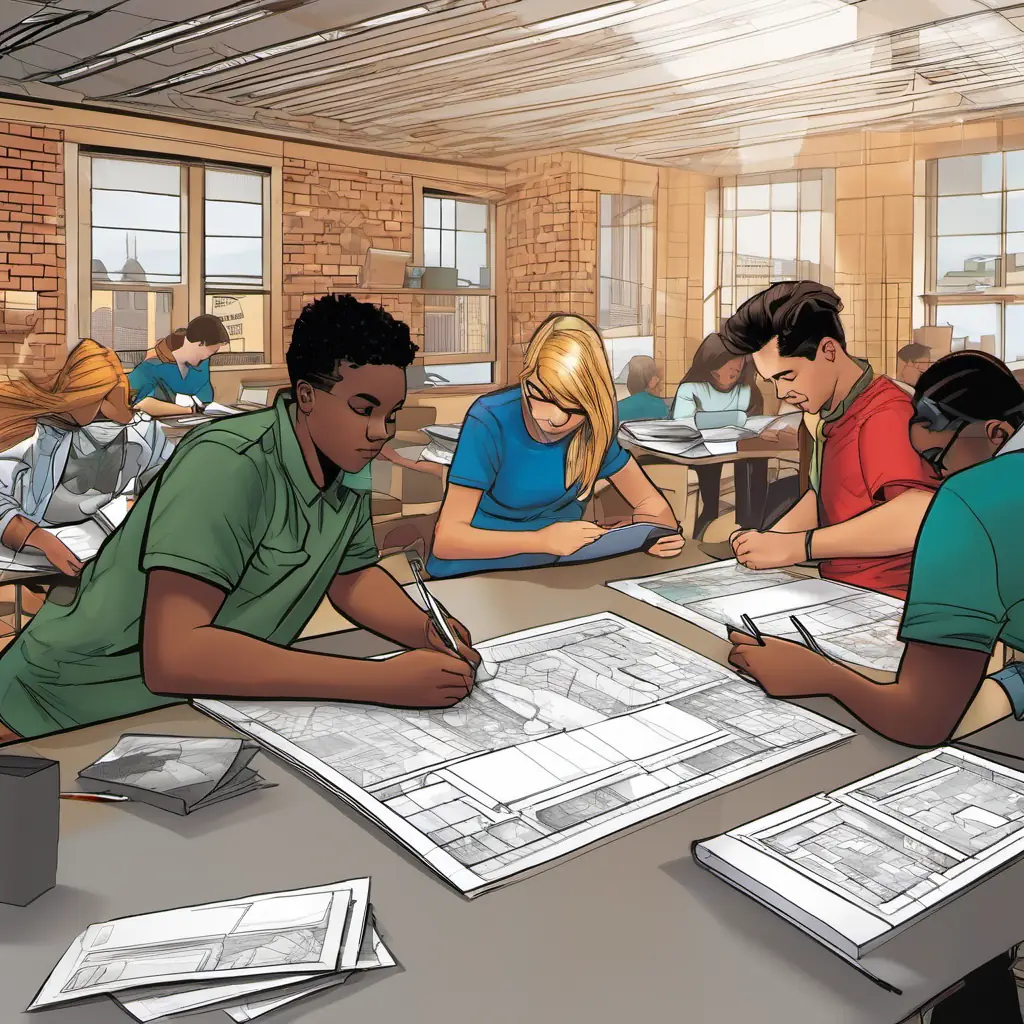
Project-based learning facilitates critical thinking and real-world problem solving.
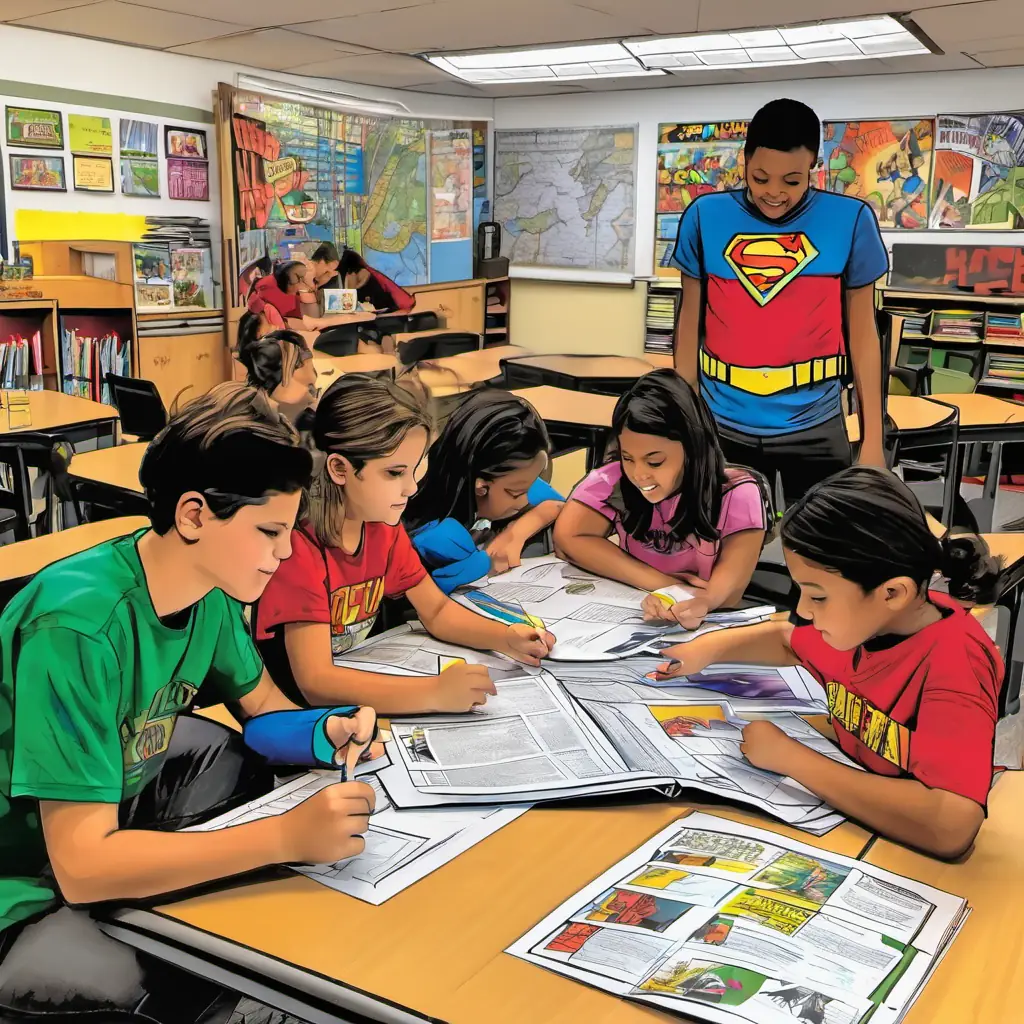
Green roofs can insulate buildings, reduce stormwater runoff, and supply local produce.
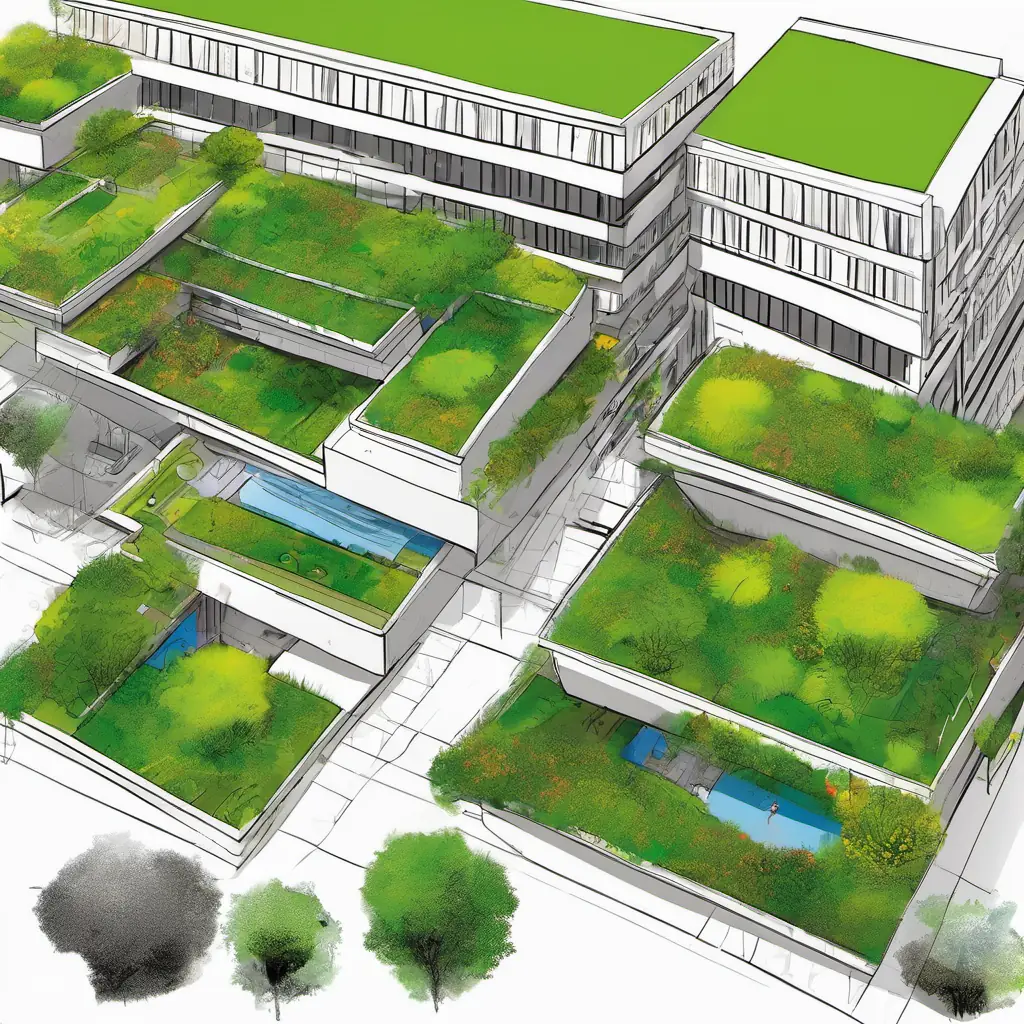
Algae bio-facades can produce biomass for energy while providing natural cooling.
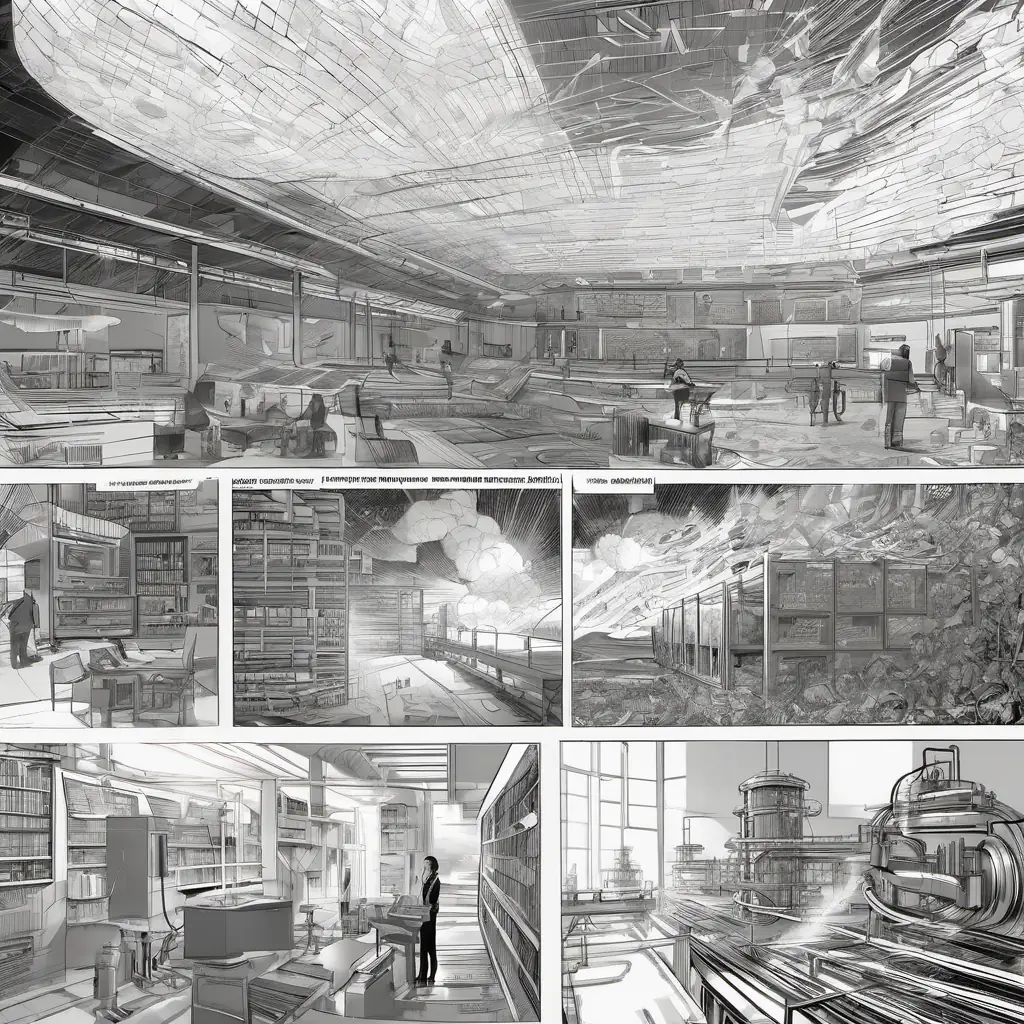
Digital presentations allow interactive exploration of projects, enhancing feedback.
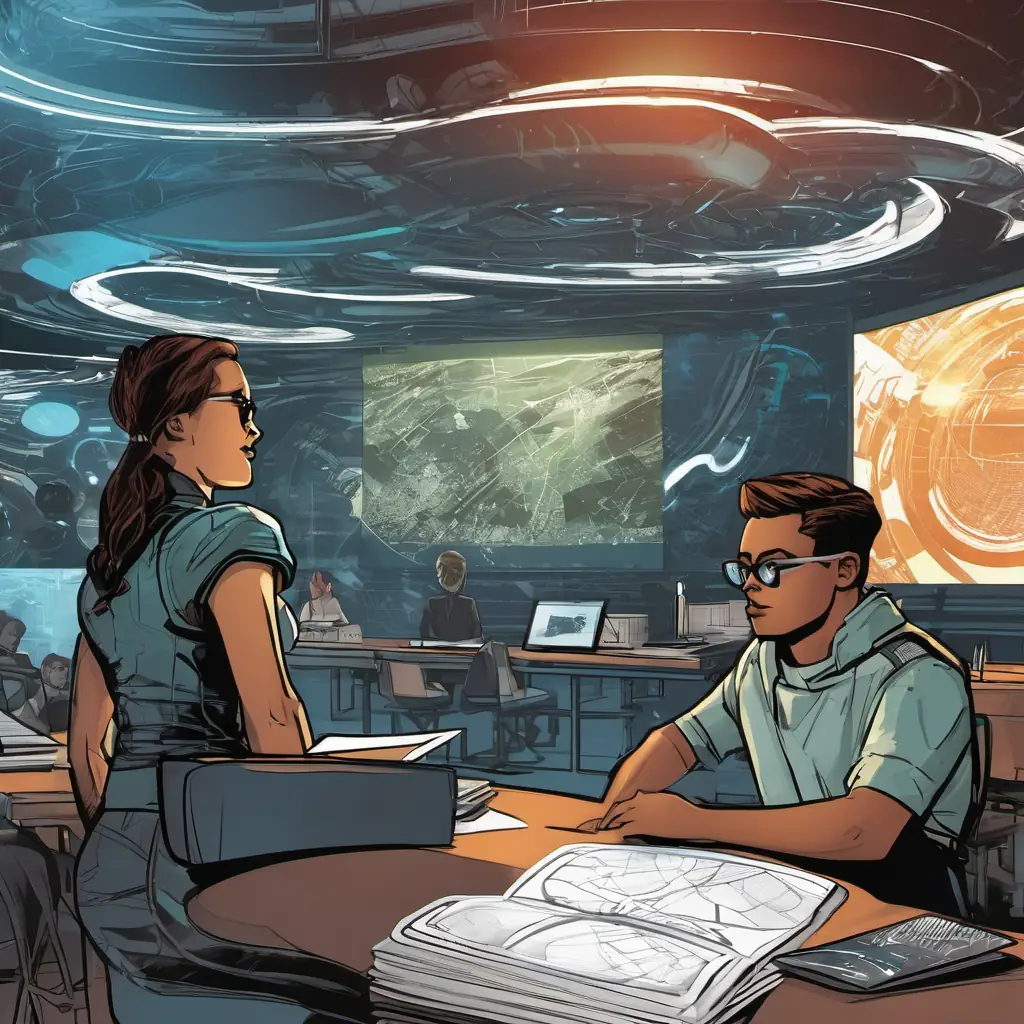
Educators play a crucial role in guiding students to address environmental challenges.
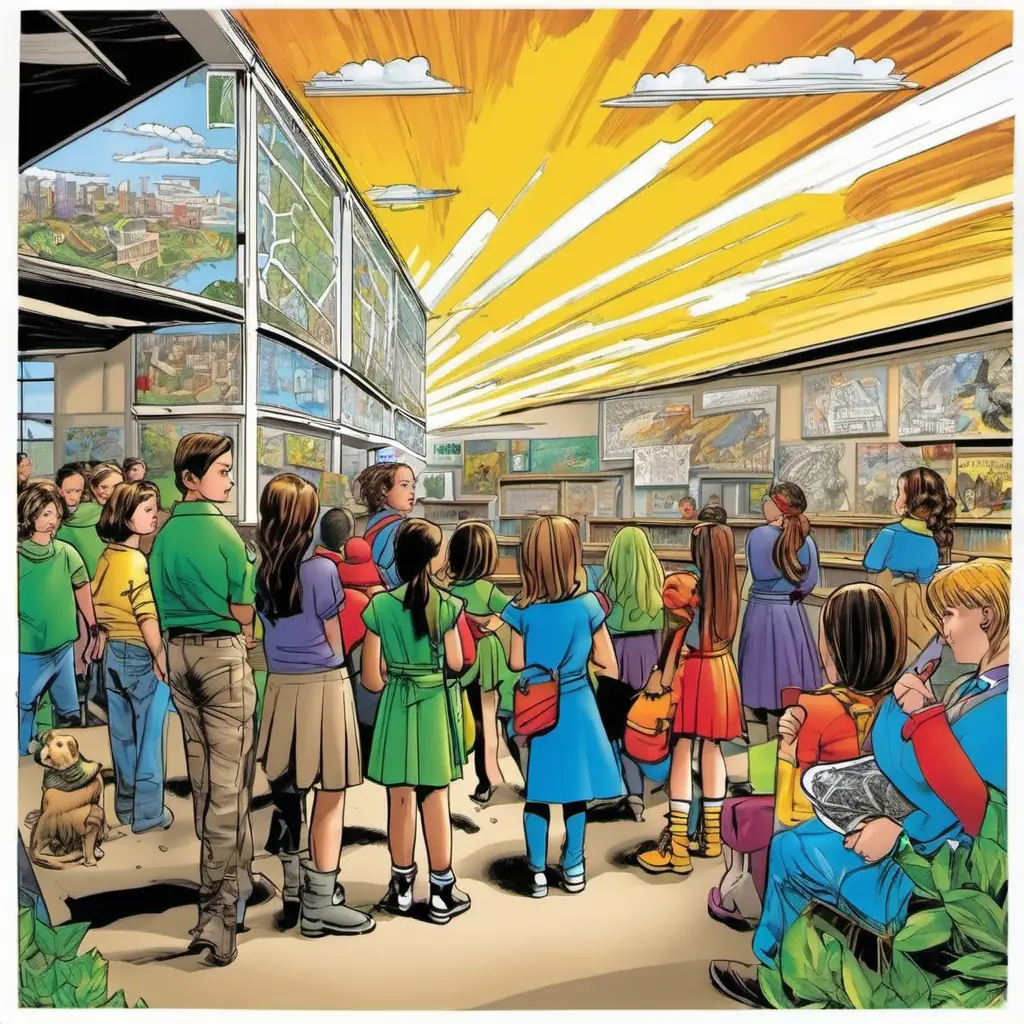
Empowering students with sustainability education fosters the next generation of eco-conscious citizens.
